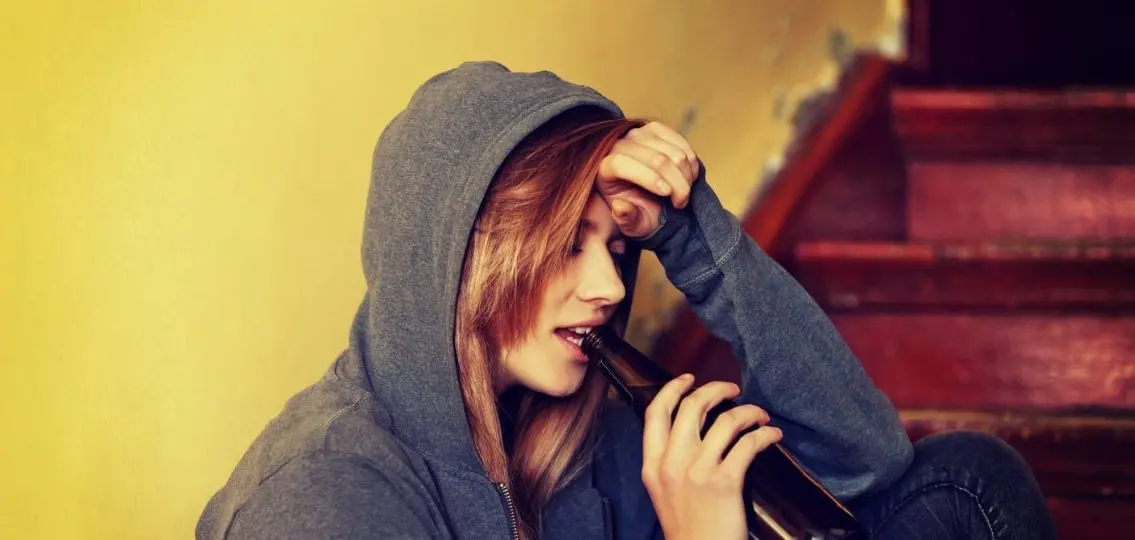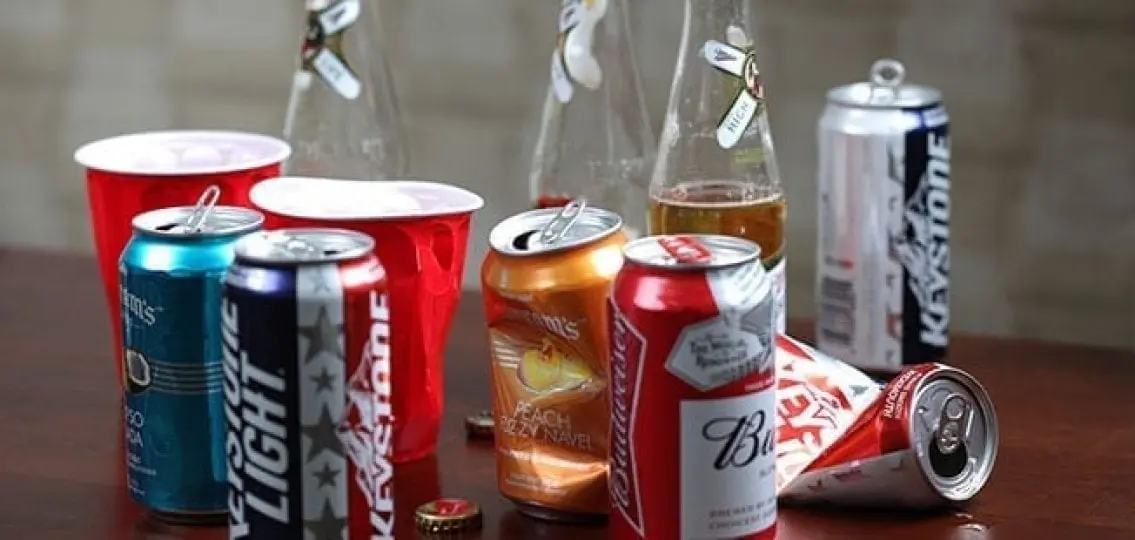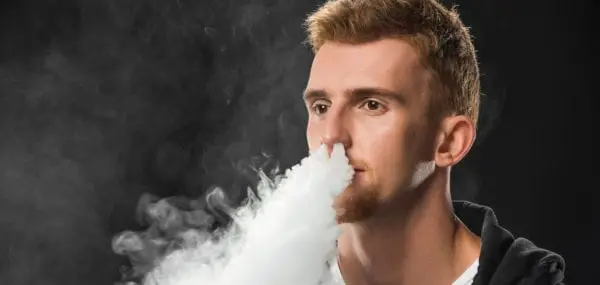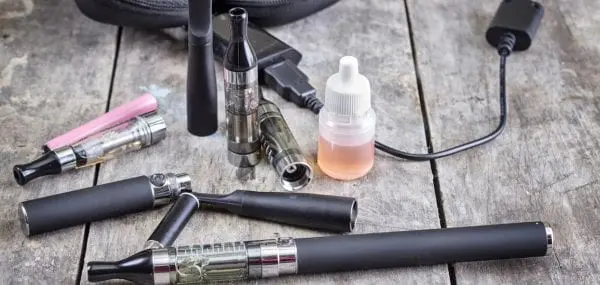What happens when a teen feels one way about a particular issue or problem and the parent has a very different take? At Your Teen, we understand that sometimes you need to look at a problem from multiple perspectives. It can also be helpful to hear from a neutral third party. That’s when we bring in a parenting expert to provide the practical advice you need to bridge the divide and help restore harmony
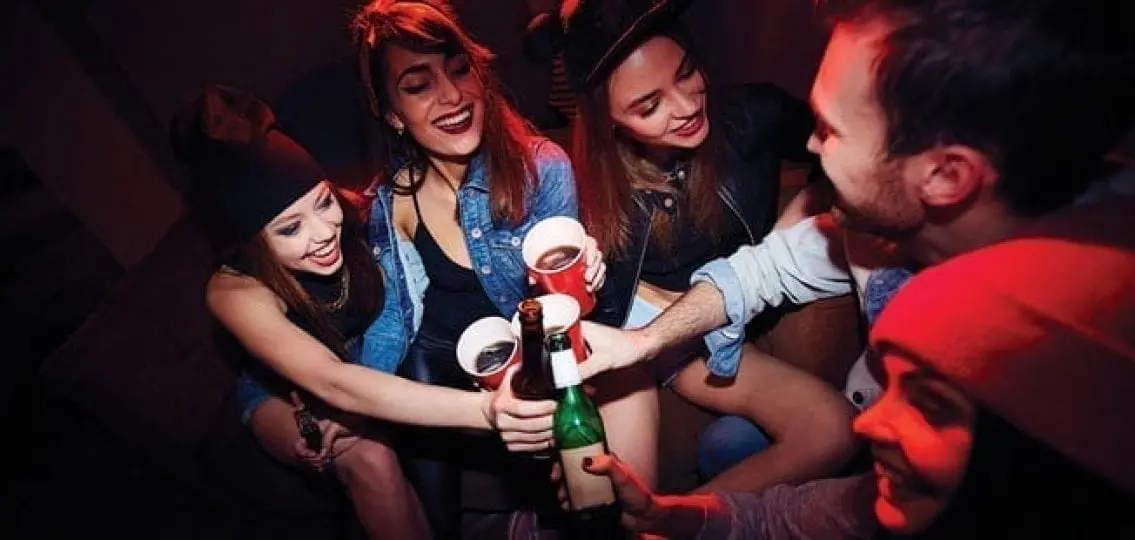
In what follows, a teen, her mother, and an expert grapple with the issue of teen parties.
DAUGHTER | Makeda Clements
I’m a sophomore in high school, and parties are popular among my friends. When I hear about a party, I am not drawn to the possible drinking or drug use that might occur. I’m excited about the idea of getting to spend time with my friends. I don’t drink or take drugs, nor do I feel pressure to. I find my own ways to have fun. My friends and I enjoy going to parties to socialize, meet new people, make friends, dance, and have a good time.
However, my parents are very worried about me attending parties where alcohol or drugs might be present.
I want them to trust me to do the right thing.
Teenagers will find a way to attend a party whether they’re allowed to go or not. I know kids who’ve lied and used elaborate plans to keep the party a secret instead of listening to their parents. It becomes a battle between the parent and the child over who can get their way.
This kind of conflict may slowly cause a subconscious rift in the family’s relationships. Although it may seem like just a small fight now, the teen will probably get more and more invitations to parties that they will have to turn down and feel mad about. I’ve had disagreements with my parents like this. I don’t want to lie to my parents. I want to have open communication with them in order to go.
I’ve told them I will follow their guidelines.
In fact, this continuous struggle can be prevented if they give me permission to attend parties with set rules around the activity. If they’re reasonable, I’m more likely to obey the rules. If they feel their rules aren’t being followed, then I think that’s when my parents can say no and even give punishment.
It’s a blessing to be allowed to go to a party and not have to lie about it. Receiving permission from my parents to join my friends at a fun event shows that they trust me and believe that I have good judgment. In a way, it makes me more likely to behave because I want to prove my integrity. Having strict but fair rules about the behavior expected at these kinds of parties is a way to satisfy both parent and child.
Some people I know who’ve attended parties against their parents’ wishes or without their parents’ knowledge have ended up in uncomfortable and unsafe situations.
These friends felt like they could not reach out to their parents for help in the moment because they would get in trouble. It’s as if the fear of getting in trouble and facing consequences and shame at home is worse than the threat of an unsettling or dangerous situation at the party.
Parents who communicate expectations but allow their child to go to a party give their teenager the freedom and opportunity to prove they are responsible. Most importantly, it allows the teen to reach out to the parent for help if needed and keeps the relationship strong. This is what I want my parents and I to agree on.
Makeda Clements is a 10th grader in Seattle who loves soccer and socializing.
MOTHER | Sharon Van Epps
As a teenager in Scottsdale, Arizona, in the 1980s, I was part of a smart, funny group of friends. These were honor roll, student leader types who regularly got into trouble for cutting class, pulling pranks, trespassing poolside at local resorts, and drinking almost every weekend. I don’t recall any of my friends having a curfew or other real restrictions in that pre-cellphone era. Our parents just expected us to meet our responsibilities and didn’t ask a lot of questions.
Today, as a mom, I understand how I would have benefited from greater supervision during my adolescence.
Honestly, the fact that I never got myself into lasting trouble feels like luck. My three teenagers work harder at their academics, athletics, and activities than I ever did. They manage schedules that don’t allow much time for sleep, let alone mischief. They’re good kids and I trust them. But my husband and I still don’t want them going to parties where alcohol and drugs are likely to be present. That stance has created conflict, especially with our gregarious youngest daughter.
Research tells us that alcohol use is down among teenagers compared to a decade ago.
Plenty of teens attend parties without imbibing, and my kids swear that that they’re among those who feel comfortable saying no. Sure I believe them, but alcohol and drug use is still illegal for minors. I don’t want my kids spending time in settings where illegal substance use is normalized, or where temptation or peer pressure might overrule their common sense. I don’t want to send the message that teen drinking is okay.
Early substance use is linked to higher rates of addiction later in life. The longer teens wait to try alcohol and drugs, the better it is for their developing brains. I know that I can’t shelter my kids forever. Soon they’ll be off to college, free to experiment as they wish. But they’ll also be more mature at that point.
By discouraging substance use now and not condoning the party scene, I feel I’m modeling good decision-making, even if my kids find it frustrating.
Some parents take a more pragmatic approach. They believe their kids will find a way to attend these parties no matter what. I know parents who drive their young teens to these events or give their kids unlimited access to Uber so they can “safely” indulge in fun. That’s their choice. But it’s a choice that makes my job as a mom harder, especially when they transport my kids to parties without my knowledge or consent, which has happened multiple times.
Perhaps the hardest thing for my kids to grasp is that attending a big party where others are impaired puts them at risk. That happens regardless of their own choices. Here in Seattle, teens use social media to plan what they call “spodies.” Kids from high schools all over the city meet in unlit public parks, hidden from adult scrutiny.
Although I trust my children, I don’t trust teens I don’t know. Substance use can fuel unplanned or risky sexual activity, sexual harassment and assault, violence, and accidents. Also, a one-time mistake made at a party today can end up documented on social media, leading to lasting embarrassment or more serious ramifications for things like college admissions.
I tell my kids the safest thing to do is find alternate social activities. My husband and I have tried to counter the party scene by making our house an attractive place to hang out, with plenty of games, movies, and snacks available.
Sharon Van Epps is a writer whose work has appeared in The New York Times, Washington Post, The Week, and many more publications.
EXPERT | Jen Trachtenberg
I can understand how eager Makeda is to spend time with her friends. It can be socially difficult to opt out of gatherings. But as a pediatrician and mom of three, I have seen firsthand the tragic consequences of unsupervised teen parties.
It’s important to know the facts about underage drinking. Teens (like Makeda) whose parents talk to them about drugs and alcohol are 42 percent less likely to use substances than those whose parents don’t. Parents should remind teens that underage drinking is illegal and that they expect them not to use alcohol or drugs. Mention (as Sharon has) that your concern includes the actions of other teens that can have a negative impact or consequence at an unsupervised party. Teens are more likely to have sex, sustain an accidental injury or overdose, or be involved in violence when alcohol and drugs are involved.
I support Sharon’s reluctance to let Makeda partake in these parties, even if Makeda is not drinking. During this stage of development, it’s crucial to take seriously the role of parent and not one of friend. I know this can be difficult for parents but, hopefully, your child will thank you later on.
This is not the case here, but it should go without saying that parents should not get sucked into going along with, or even hosting, underage drinking because of the misguided belief that no matter what you say, teens will find a way to drink. Instead, let your teen know you are all about them having fun and hanging out with their friends but in a responsible and safe environment. (Sharon’s goal of making their house the hangout house is a great one.)
When There is a Party
When it comes to parties outside the home, here are six important tips to consider:
1. Find out where the party is located.
It’s amazing how quickly party locations seem to change. Make sure your teen knows that before moving locations, they need to be in contact with you.
2. Ask if there is a guest list.
Parties can get out of hand quickly when it’s an open party instead of invite-only.
3. Call the parent ahead of time.
Ensure there is supervision and that no alcohol is being served and that other drugs/smoking are not allowed. Check that your teen’s phone is charged. You want to make sure they can reach you and you can reach them if necessary.
4. Talk with your teen ahead of time.
Discuss how to handle any situation they may not feel comfortable with. Make sure they understand that if something unexpected arises they should call you, and you will come get them. While there should be a later discussion of any risky behavior, the teen should know that they will not be penalized for reaching out for help.
5. Before the party, make sure your child has a safe ride home.
Always remind them never to get in a car with a teen who has been drinking alcohol or has taken any illegal drugs.
6. Be awake when your teen gets home.
Wait up for them and have a conversation about the event, making sure they followed the designated rules and curfew.
